Puzzles and games
They are the antithesis of open-ended play, the approach that we champion here at 100 Toys. And yet puzzles and board games have a unique magic that captivates children for long stretches of time. What’s their secret?
Puzzles
What’s so special about puzzles?
Why are they such a perennial classic, a winning gift that every child is happy to receive?
Quite simply, puzzles are good for you.
Read more about choosing the right puzzle.


Board games
Board games teach us to suffer the slings and arrows of outrageous fortune, to meet with Triumph and Disaster and treat those two impostors just the same – and they’re great fun, too!
Non-competitive board games
Tired of all the bickering? Wish that your children would all just get along? With non-competitive board games the players unite against a common enemy. Everyone wins together.
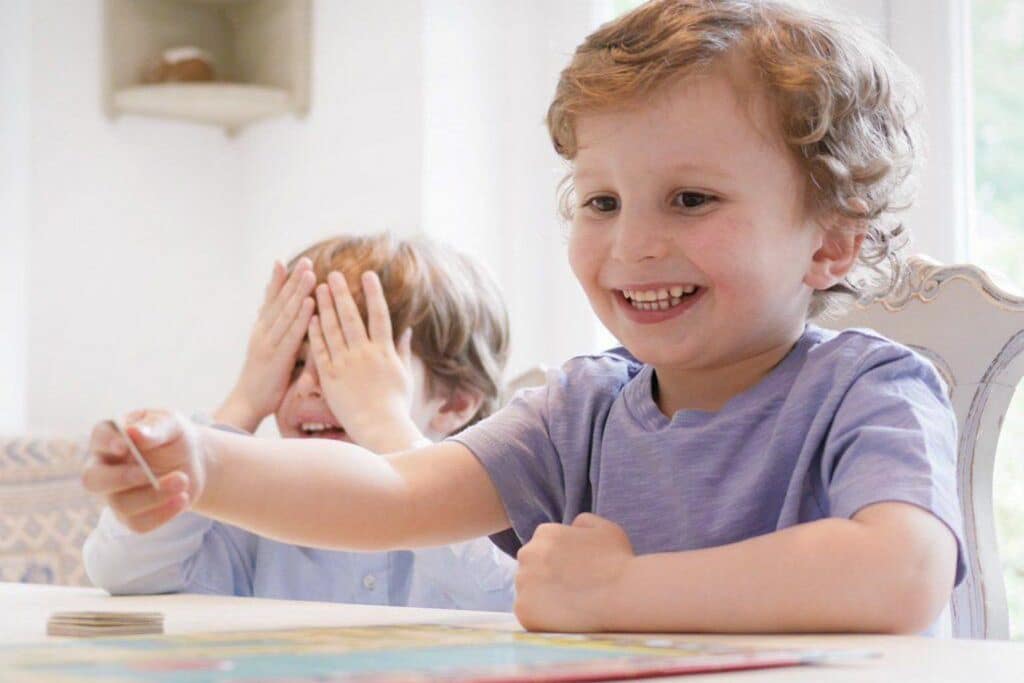
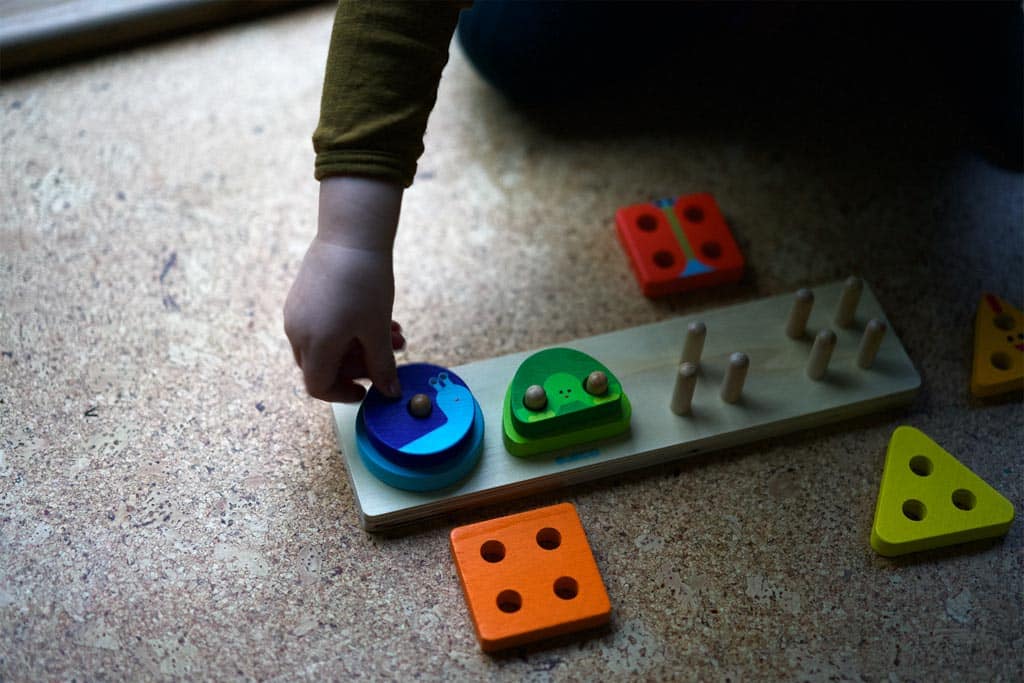
Closed-ended play
Open-ended play is good for your child. Everyone knows that, right? So closed-ended play must be bad. There’s nothing creative about puzzles or Ludo.
But playing games with no scope for creativity is vital.
Games with rules
How we play games says a lot about our character. As children grow – and especially once school starts – they must learn to follow rules. Playing rule-based games helps them move away from the egocentric world view of their toddler years.
Read more about games with rules.


Card games
Is it the same, is it different? Snap!
I have a nine, you have a three. Mine is bigger. I win!
There’s a lot of maths that goes into playing card games. And because they’re fun, you learn.
Stacking toys
Before you could count, before the number names, even before ‘big’ and ‘small’, you knew whether something fit or not.
Nested and stacking toys are the first step on the road to counting. And from there it’s a short hop to board games and fun.
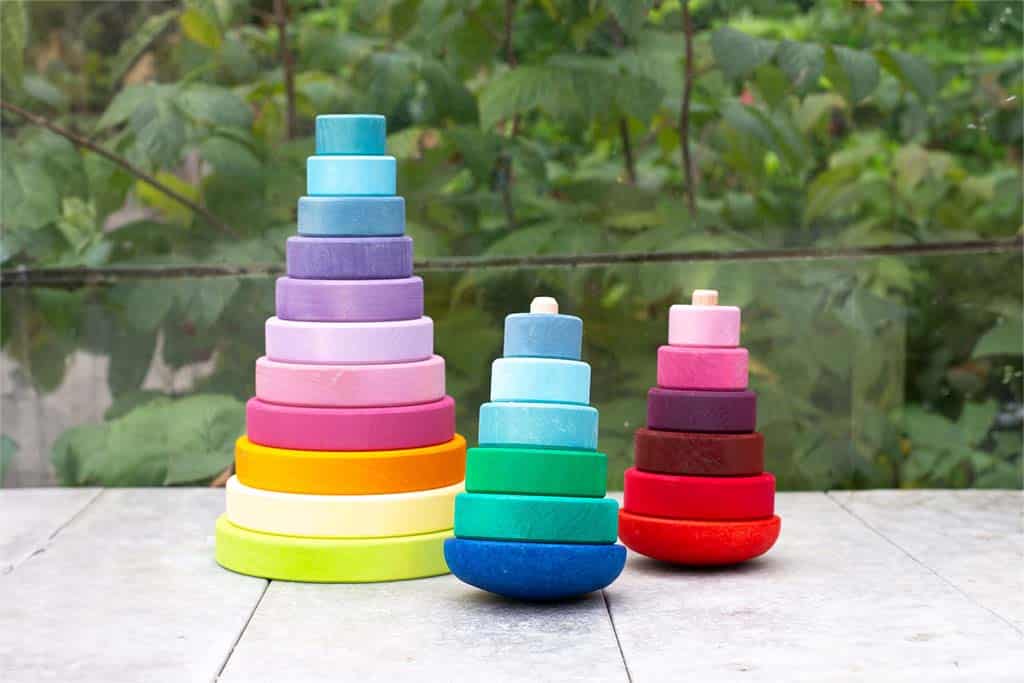
Develop the right skills
What do you need to play a game? Some players? Dice? A board?
If you’ve ever tried Monopoly with a three-year-old, you’ll know it’s more complicated than that. There are precursor skills, essential concepts your child must first understand before she can play. Can she count? Wait her turn? Follow rules? Manipulate objects in space? There’s a lot to learn!
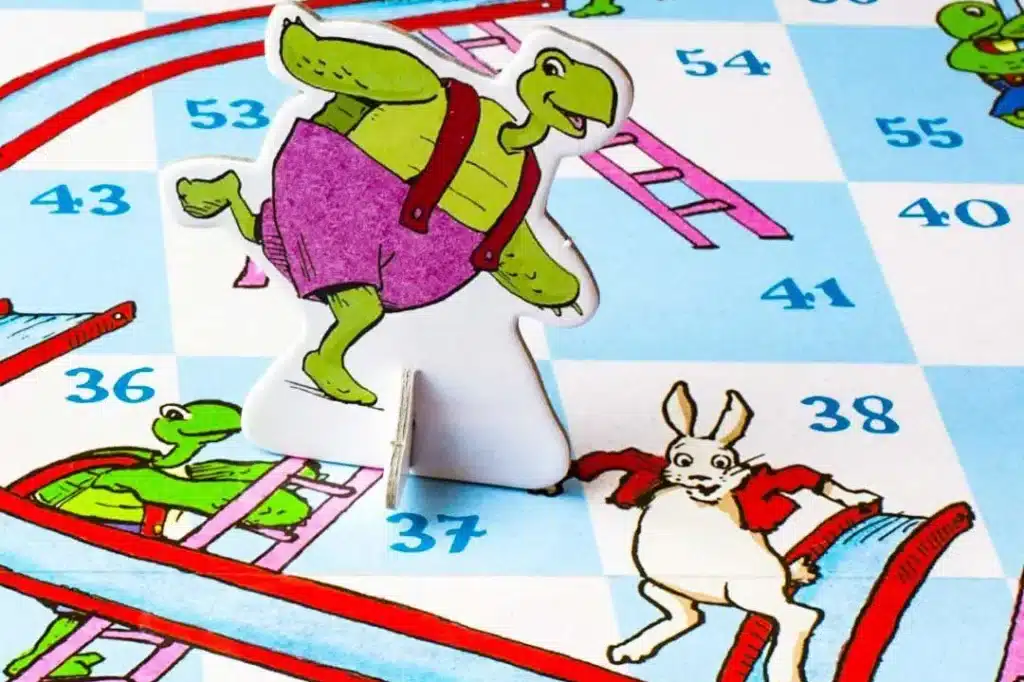
Learn to count with Snakes and Ladders
How many early years skills can you fit onto one board? Addition, subtraction, games with rules and seriation? Cardinal, ordinal and nominal numbers? Subitising? One-to-one correspondence? Not to mention taking turns and learning how to win – and lose – with good grace.
Sequencing activities
Before and after. What comes next? What comes after five? I rolled a three, which space do I land on?
Learning about the number system is the work of many years. Start early and get ahead with simple songs and games.

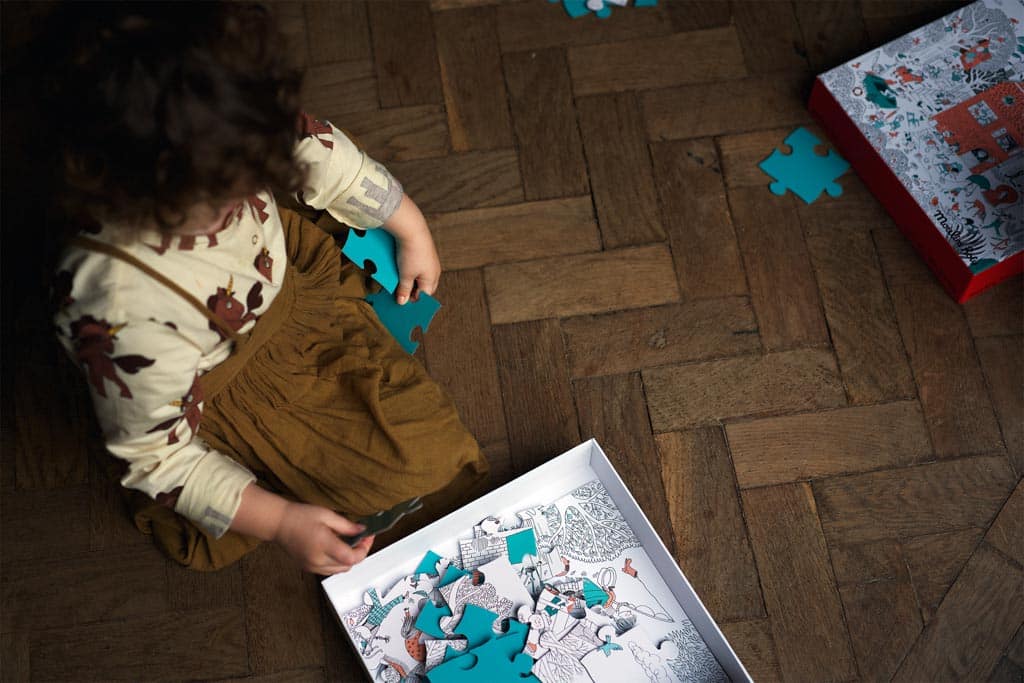
Spatial reasoning
Which way does the puzzle piece go? Will this one fit? How far must I rotate it? These are important questions and they demand sophisticated understanding.
The posting schema
Toddlers like to post. They post your keys behind the radiator. They post food into their shoes.
They are learning to position, a key skill when they come to place puzzle pieces in later years.
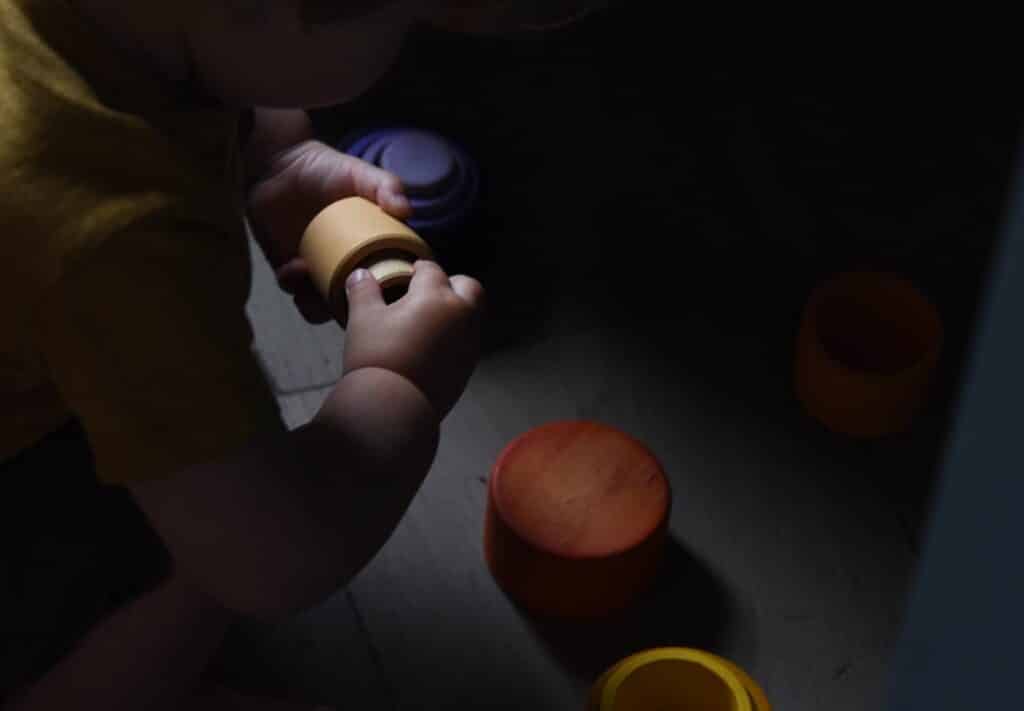

The connecting schema
Children make sense of the world through schema play. One of the most important schemas is ‘connecting’.
How do I join this puzzle piece? It’s not as easy as it looks!
Taking it further
What comes after puzzles and games?
Puzzles and games are fun, and worthwhile in their own right. But they also lead somewhere. They teach the kinds of skills that every child needs in order to thrive at school.

10 games to get set for school
Did you know that many of the classic games you played as a child can help lay the foundations for reading, writing and maths?
Help your child build a solid foundation before school starts without resorting to boring workbooks or the perils of apps.
Make your own board game
Put all your school-ready skills to work in one fun project – making your own game. What will you include? Will you make the pieces? Use a die or a spinner? There’s so much to decide!

Are you ready for school?
Do you have a preschooler? Would you like them to develop some key skills before starting school? How wonderful to go into school on that first day feeling like you belong.
Get Set Five is a year-long course full of fun and free activities to do with your child.
